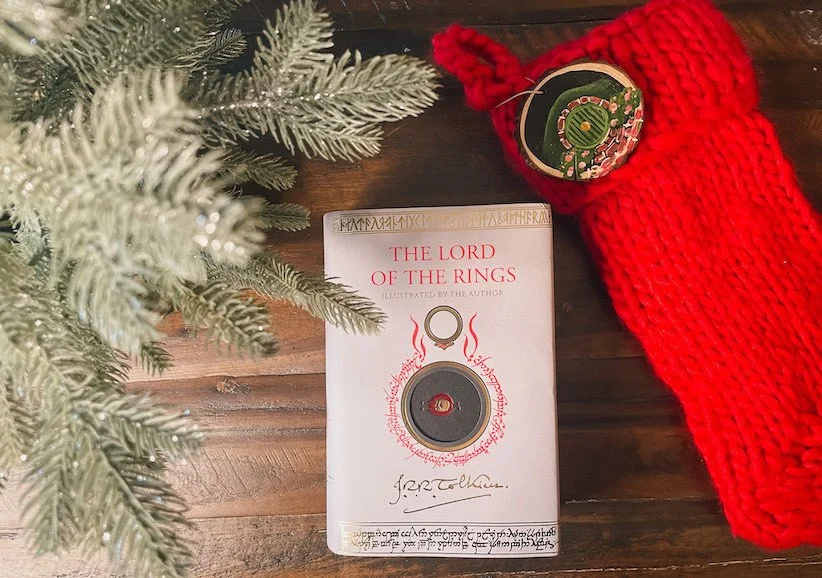All in Tolkien & Catholicism
Guest Post: 3 Things “The Hobbit of the New Testament” Taught Me
When I taught New Testament at a Catholic high school, I unconsciously created a memory regarding the story of Zacchaeus in Luke 19:1-10. I united my love of literature with love of scripture by referring to Zacchaeus as “the hobbit of the New Testament”. Students chuckled at this provisional quip. The former tax collector was described as a short man who needed to climb a tree to view Jesus’ arrival in his town. J.R.R. Tolkien once described his creations as,
The Word on Fire Bible to Become the First Bible Featuring Commentary from JRR Tolkien
This Bible feels very meditative, like a slow walk through the Scriptures. I once read an anecdote about Tolkien in which his friends mentioned that Tolkien couldn’t simply go on a quick walk because he would so frequently stop to point out a particular plant or insect, often stopping altogether when something interested him. This Bible feels a bit like this, in the most delightful way. You can’t just rush through the Scriptures, it’s best to work through them slowly. It feels almost like a long walk through the Sistine Chapel or a forest perhaps.
Tolkien on the Incarnation: "The Eucatastrophe of Man's History"
Unlike other fairy-tales which are set in the sub-created secondary worlds of their authors, the Eucatastrophe of Christ’s life, death, and resurrection is true in our primary world, a story written by the Divine Author himself. Tolkien writes, “Art has been verified. God is the Lord, of angels, and of men—and of elves. Legend and History have met and fused.”
Guest Post: Lewis, Tolkien, and the Creative Power of Music
Music is powerful. Something inherently in music provides peace and joy amidst stress and turmoil. At least that is the experience I have when listening to music. There exists a certain universal quality to music that draws all mankind together. Below I will provide examples from literature and the tradition of Catholic Church to show evidence of music’s capacity to unite people through its creative power.
Tolkien and the Eucharist: “The One Great Thing to Love on Earth"
“Out of the darkness of my life, so much frustrated, I put before you the one great thing to love on earth: the Blessed Sacrament. . . . There you will find romance, glory, honour, fidelity, and the true way of all your loves on earth, and more than that: Death: by the divine paradox, that which ends life, and demands the surrender of all, and yet by the taste—or foretaste—of which alone can what you seek in your earthly relationships (love, faithfulness, joy) be maintained, or take on that complexion of reality, of eternal endurance, which every man’s heart desires…”












